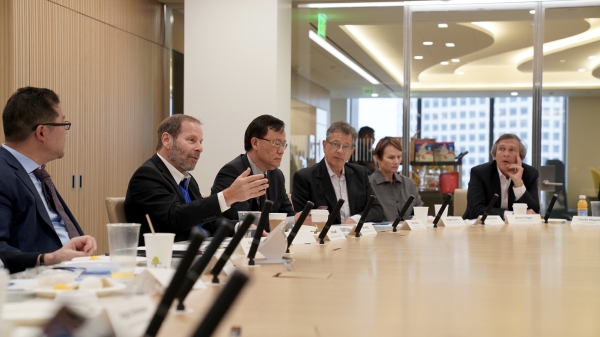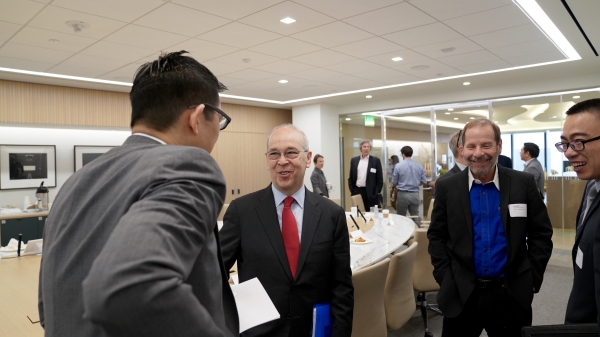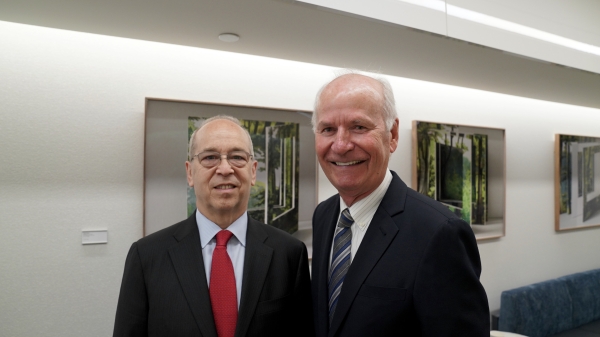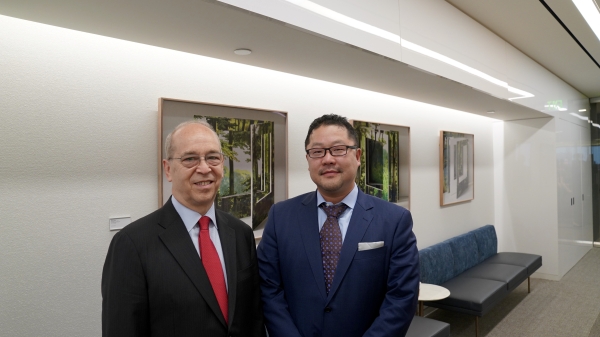Daniel Russel's Talk on U.S.-China Relations in an Age of Transition
America’s retreat from Asia under President Trump and China’s growing assertiveness create a dilemma for Washington’s Asian allies and pose risks for long-term U.S. interests, Daniel Russel, Vice President of International Security and Diplomacy at the Asia Society Policy Institute, told an Asia Society Southern California audience on June 5 in Los Angeles.
“There is a diminished reliance on the U.S., which is not a good trend for U.S.,” he said, adding that the consequences could outlive Trump’s presidency. “Driven by Chinese growth and experiences with the U.S. in the past few years, regimes in Asia won’t unlearn these lessons when a new administration comes to office, whether that is in one-and-a-half years or five years. Countries won’t disband new institutions, and won’t rework them for a new internationalist president.”
Asian nations are developing new strategies to address the changing geopolitical dynamic, opting to hedge their relationships with the U.S. and China rather than choose between them. “They want connectivity; Asia does not want to choose…between the U.S. and China,” Russel observed. In some cases, there has been a tilt toward China. In others, like joint military exercises among ASEAN nations and greater military cooperation between Japan and Australia, the message is greater self-reliance. Asian countries still admire the U.S. and want it to play an active role in the region, but their confidence in Washington has dropped dramatically in the absence of coherent policy.
Russel touched on a wide range of issues relating to the U.S.-China relationship and wider trends within the region, from the U.S.-China trade war to cyber warfare and security and the ongoing Trans-Pacific Partnership trade agreement talks that exclude Washington. He stressed that U.S.-China ties are complex and framing the rivalry as one between enemies is harmful. “Sooner or later, if you treat China as an enemy, you will have an enemy,” he said. “But for U.S.-China relations, we need to find what we can agree on, what we don’t agree on, and find ways to speak and talk to each other.”
After speaking at the breakfast roundtable, attended by ASSC board members, diplomats and business executives, Russel spoke at a luncheon organized by the World Affairs Council of Orange County.





